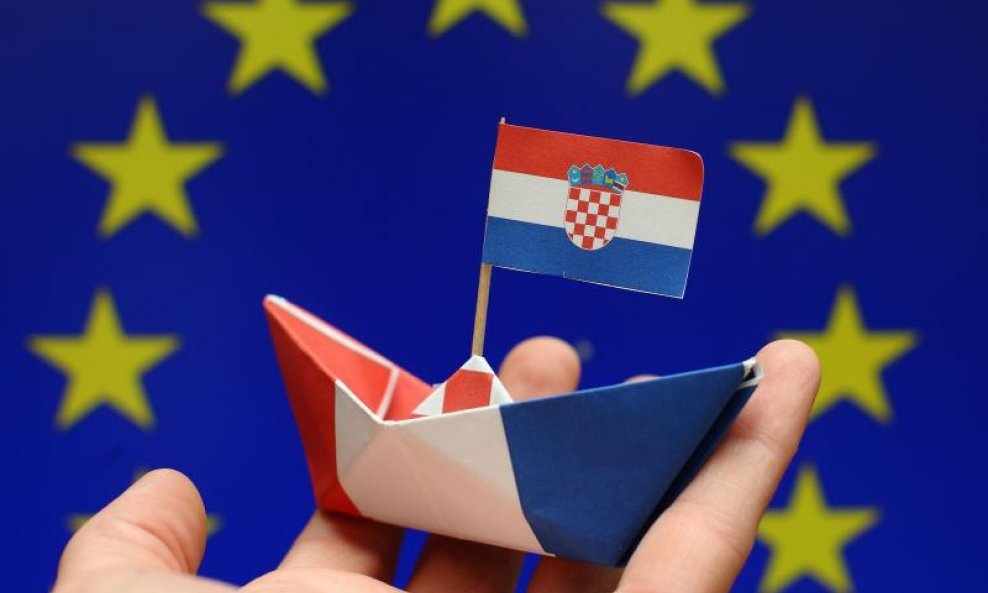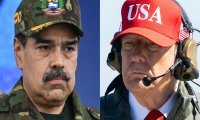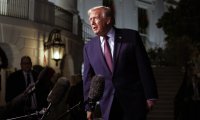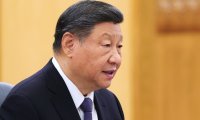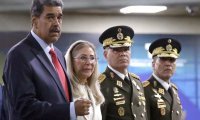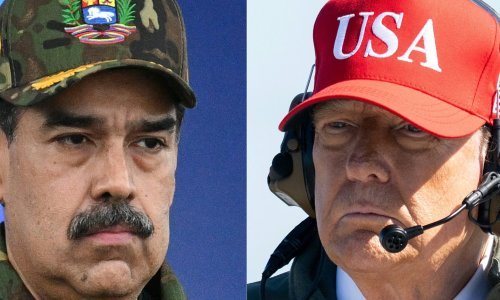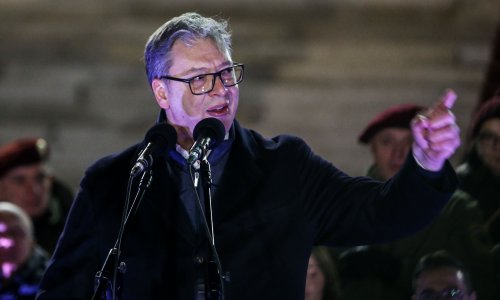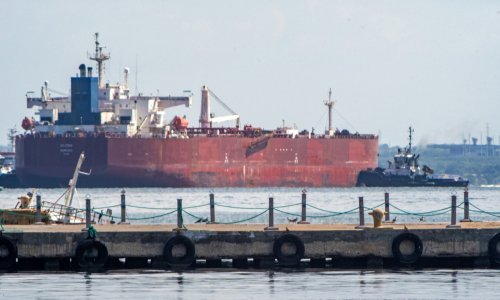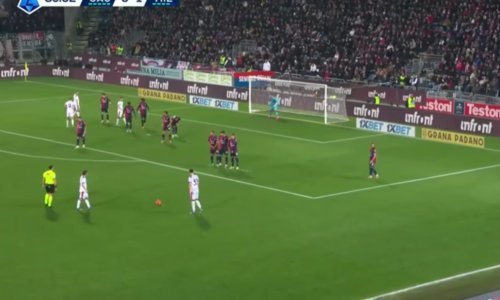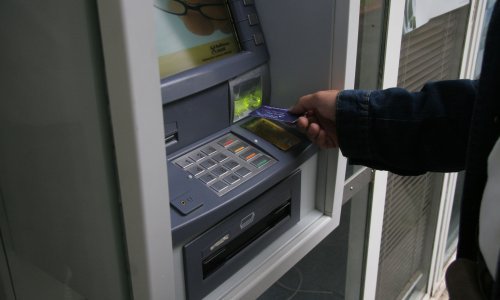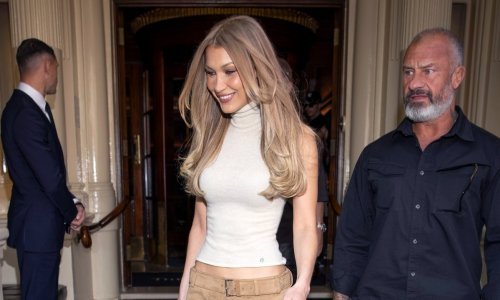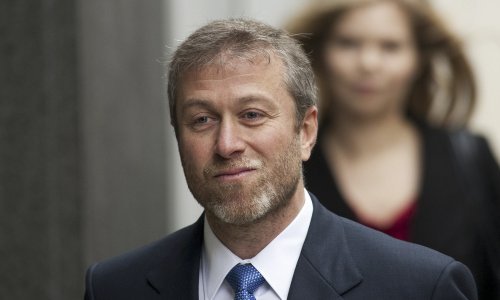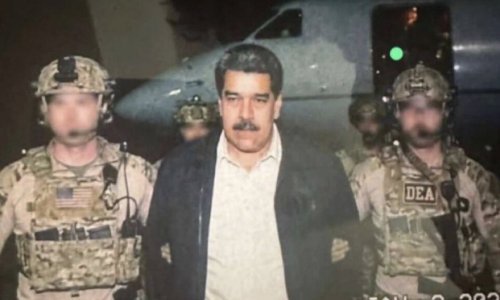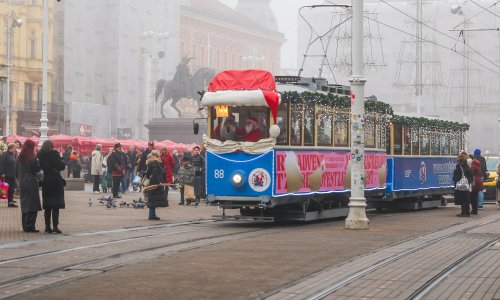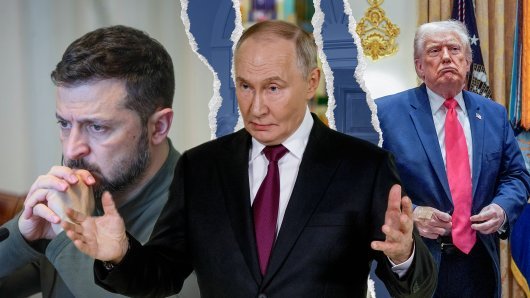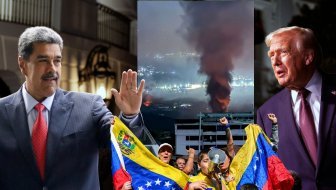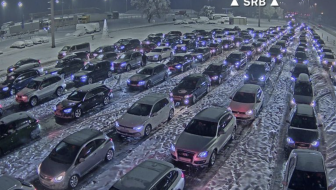Croatia is facing new challenges on its path towards its full membership in the European Union following the finalisation of the accession negotiations in June this year and the signing of the Accession Treaty on 9 December, and the first task of the new government regarding the country's EU aspirations is the preparation for a referendum, set for 22 January 2012, at which Croatians will be asked to vote 'yes' or 'no' on the country's admission to the European bloc.
The ratification of the accession document, signed at the 9 December ceremony in Brussels, can ensue in 27 EU member states only after the treaty is ratified by the Croatian parliament and the entire process should be completed by 30 June 2013 so that Croatia can join the EU on 1 July 2013, as planned.
With the signing of the Accession Treaty, Croatia changed its status of a candidate country to that of an acceding country and until its entry into the bloc, Croatia will have observer status in EU institutions.
In the run-up to its admission to the EU, Croatia will have observers in EU institutions and will be informed and consulted about new laws being adopted by the EU. Croatia can also contribute to the elaboration of laws and regulations.
Croatian ambassadors to third countries will be invited to meetings of their peers from the 27 EU member states.
Under the Treaty, Croatia will have 12 members of the European Parliament. The seventh Croatian Parliament will nominate 12 Croatian deputies who will act as observers in the European Parliament until 1 July 2013. They will be able to take part in plenary sessions of the EP and in the work of its committees, but will not be allowed to vote.
Until its admission, Croatia will have observers in the European Council, which consists of the heads of state or government of the member states, in the Council of the European Union, the EU institution where the Member States' government representatives sit, as well as in COREPER and other working groups of the Council of the EU until it joins the Union.
Croatia, just as all other newcomers, is bound to introduce the euro once the country meets criteria, however, no deadlines are set for that purpose.
In the run-up to Croatia's full membership, the European Commission is carrying out a monitoring process in order to see whether Croatia is fulfilling its obligations it has assumed in the negotiating process.
In the spring of 2012, the EC will publish monitoring tables for three policy chapters -- Judiciary and Fundamental Rights, Competition Policy, and Justice, Freedom and Security. In the autumn, a comprehensive report on monitoring will be published regarding all policy chapters. The last report on the above-mentioned three most difficult policy chapters will be released in the spring of 2013.
All procedural timelines for the implementation of the Croatia-Slovenia border dispute arbitration agreement started running from the date on which Croatia signed the EU accession treaty.
Slovenia used its border dispute with Croatia to block the latter's efforts to negotiate with the EU on its EU membership. The bilateral agreement, signed in Stockholm on 4 November 2009, envisages the establishment of a five-member arbitration tribunal. In the meantime Slovenia and Croatia each appointed one member -- Jernej Sekolec and Budislav Vukas respectively --, while the president and two more members (recognised experts in international law) will be appointed by common agreement between the two countries from a list of candidates drawn up by the European Commission. In case Zagreb and Ljubljana cannot agree, the president and the two members of the tribunal will be appointed by the President of the International Court of Justice from the list. The Commission has not yet given any information about the list and is presumably waiting for the two countries to get the new governments.
Croatia's preparedness to withdraw money from European funds will also be very important. EU membership as such means nothing unless opportunities stemming from the membership of the bloc are used. The only guaranteed money are direct payments to farmers and everything else requires elaboration of good projects and seeking sources of co-funding.



